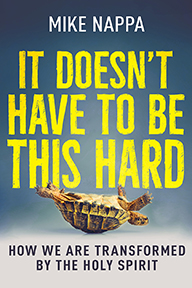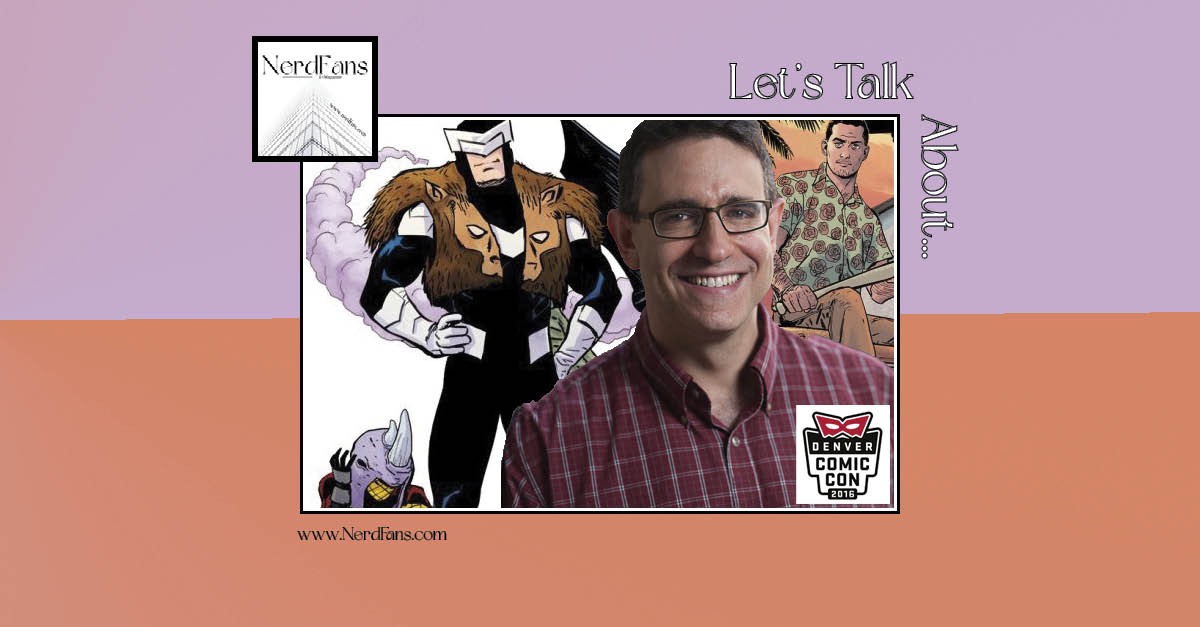An Editorial Team reason for rejection
D-Train writing is a concept I learned from the inimitable Lawrence Block. It’s related to Reason #25 above, and now that I know what it is I can never again read a book that uses it within its pages—let alone pitch it to a publisher.
So take this to heart, dear reader: Never take the D-Train when you write.
Ah, you say, what exactly is the D-Train? It’s a visual image that reminds of the power of transitions in writing. It’s what happens when an author spends too much time dawdling between one scene to the next in fiction, or from one thought to then next in nonfiction. It was inspired from a rather long, detailed passage Mr. Block wrote once wrote about a character who left his Manhattan apartment and took a subway to Harlem.
As Block explained it in his fabulous book, Telling Lies for Fun and Profit, “I was telling my readers considerably more than they cared or needed to know about something that was neither germane to my story nor interesting in and of itself—i.e. the subway system of the city of New York.”
Block’s point is this: transitions matter—and mundane, convoluted attempts to get from one place to another in a manuscript are always hard to accept. “Film and television techniques have made readers more sophisticated,” He says. “We don’t have to have things spelled out for us as thoroughly as we once did.” What’s more, a cluttered transition reveals muddled thinking and an aimless progression in a writer’s prose. Readers won’t put up with that for very long—and they shouldn’t have to.
Poor transitions also label you immediately as a novice, and to be honest, that means more work for me. If I have to teach you how to write in order to be successful representing your book, I’m going to think twice before signing you to my agency. Same goes for an editor and a publishing house.
So close pay attention to transitions as you write. And never, never take the D-Train.
What You Can Do About It
1. Read Telling Lies for Fun and Profit.
Seriously. Go get it.
Lawrence Block wrote this book decades ago, and there’s a reason why it’s still in print. Mr. Block is one of the few people out there who can actually take a story apart into all its little pieces and then put it back together in such a way that it’s better than it was to start. The fact that he’s willing to share that skill with you and me is our good luck.
Telling Lies for Fun and Profit is always the book I recommend first at any writer’s conference. And people who read it are always better writers afterward. If you buy this book only to get the chapter called, “Don’t Take the D-Train,” your money will have been well spent.
2. Pay attention to your transitions.
“Transitions are tricky,” Block says. “Transitions continue to demand that the writer make a choice, deliberate or intuitive, as to just how and where he will interrupt the narrative action and how and where he will pick it up again.”
For that reason, transitions deserve more than just your passing attention. First, as you write, keep in mind what the reader needs and wants to hear. If you find yourself writing simply to get from point A to point B, reevaluate what you’re doing. If there’s nothing in that passage that’s required for the larger story you’re telling, it may be that you’ve accidentally slipped onto the platform of the D-Train.
Next, when you’ve finished, read your manuscript with a deliberate eye toward transitions. Identify them in your writing, and subject them to intense scrutiny. Ask yourself: “Does this transition move the story forward, or stop the story in its tracks? Does this transition effectively, and quickly, get from A to B? Or does it dawdle and meander? Are these words absolutely necessary to my story…or not?”
If you’re careful about the way you scrutinize your transitions, chances are you’ll avoid riding the D-Train—and that means you just might avoid rejection as well.
3. Read other writers, and highlight their transition passages.
Here’s a helpful writing exercise. Go out to a used bookstore and pick up a few cheap copies of your favorite books. And while you’re at the checkout counter, add a yellow highlighter to your purchase. Then take them all home and start reading.
Every time you see a transition passage that you think is effective at avoiding the D-Train, go ahead and highlight that section. Be aware that you’ll have to pay attention to see these, because good authors are adept at making their transitions almost invisible! Afterward, flip through your books and compare the passages that you highlighted. What do they have in common? What makes them successful? What techniques do you see that you can adapt and use for your own nefarious purposes?
The best writing teachers are always other writers, so use them to help you become a pro at writing transitions in your own books. Who knows? Someday, some aspiring author may be highlighting passages of your books, looking for new ways to avoid the D-Train.
Looking for more? Check out these links:










